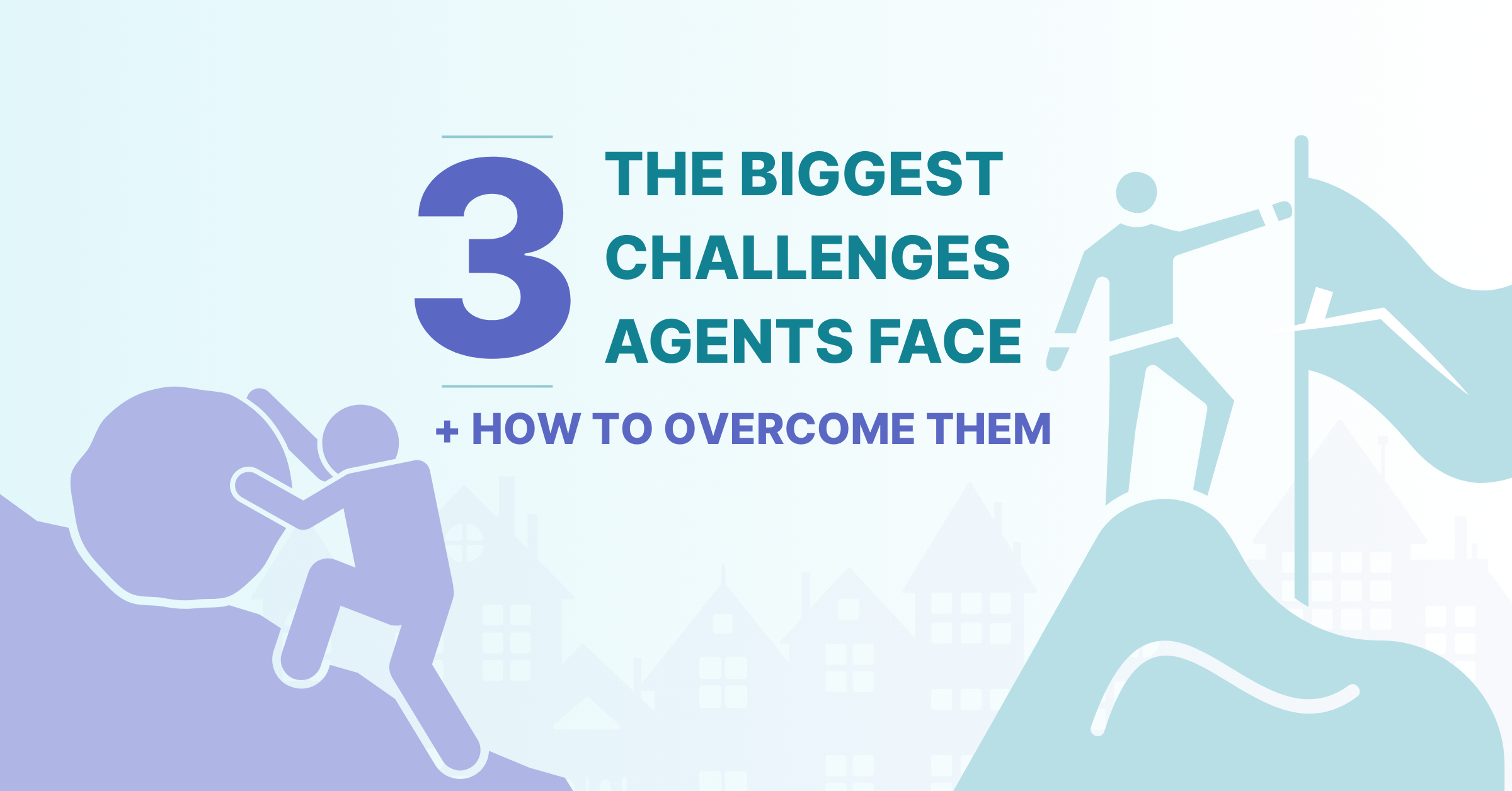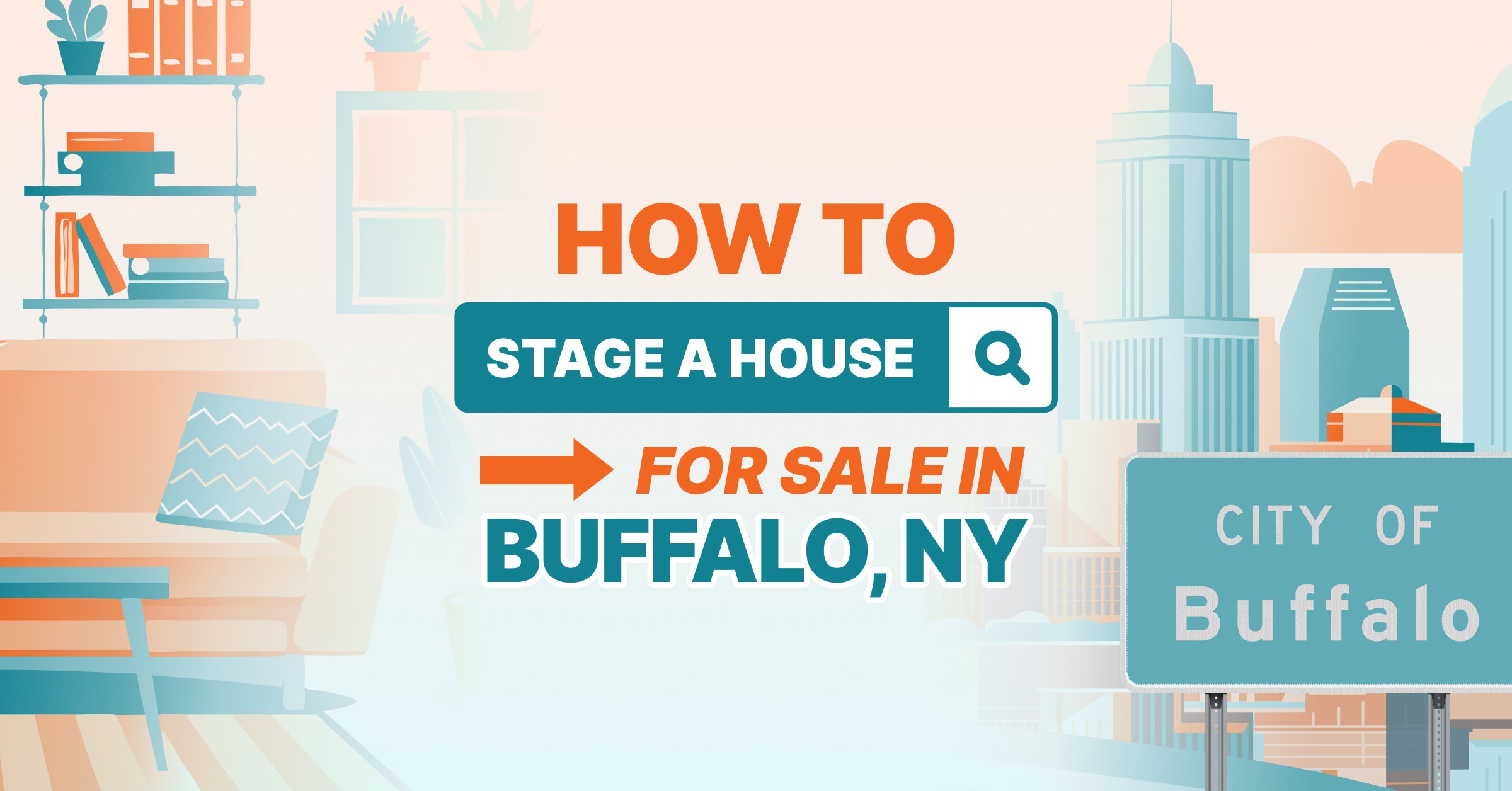After months of hard work, you finally got your real estate license. That’s cause for celebration! Now it’s time to figure out your next steps.
With an estimated 3 million active real estate licenses in the U.S., it’s not easy to stand out as a brand-new agent. So, how do you find leads, land clients, and establish your business despite the intense competition?
To answer this question, we spoke with Brett Rosenthall, a licensed REALTOR® and the team leader for Revolve Philly Group with Compass. He offers 10 real estate agent tips for beginners to set you up for success.
What to Do When You Get Your Real Estate License
If you’re worried about how to get leads as a new real estate agent, Rosenthall’s first piece of advice is to experiment and find what works for you. Don’t simply rely on what has worked for others.
For example, when Rosenthall first started as an agent, people often told him he had to do open houses or get on the phone for three hours each morning. But these tactics didn’t work for him. Instead, he found other ways to get leads and land sales, and as a result, he now sells hundreds of homes per year.
With that in mind, Rosenthall says it’s still wise to learn what tried-and-true strategies work best for new real estate agents. You can use the following recommendations as a blueprint to work off of as you grow your business.
1. Find a Sponsoring Broker
You need a sponsoring broker to obtain an active real estate license. If you don’t have one yet, make this a top priority. You will need to pay to join a brokerage, but in return, most brokerages will feed you leads and let you use their name in your marketing.
Rosenthall says every brokerage team is different regarding how they pay you, how you pay them (whether a flat fee or a percentage of your commissions), and how you operate within it (whether as an individual or as part of a team).
He recommends researching and finding out what fits your work style and preferences before joining a brokerage.
2. Find a Mentor
In real estate, the old saying is true—you don’t know what you don’t know. Finding a mentor is one of the best ways to grow your business efficiently. According to the Harvard Business Review, 84% of CEOs in a formal mentorship program say mentors have helped them avoid costly mistakes and grow their proficiency.
However, Rosenthall says you shouldn’t choose a mentor solely based on their years of experience.
“Find somebody you think you’re similar to,” he says. “Listen to some of the things they’ve experienced.”
3. Market Yourself, Not Just Your Brokerage
Although a brokerage can add credibility for a new real estate agent, ensure your marketing efforts focus on you, not just the brokerage. This allows you to establish a niche of expertise and create a network of leads that grows as your brand grows.
“In a couple of years, you might go somewhere else,” Rosenthall says. “Clients like working with individual people, not so much the company.”
4. Brand Yourself as a Person, Not Just a Real Estate Agent
Be sure to market yourself in a way that’s personable and genuine. This is one of the easiest ways to build rapport with potential clients.
“Some people don’t like right off the bat that you’re a real estate agent,” Rosenthall says. “Some people don’t even like talking about real estate. I’ve found that if you treat people as people and slowly break into real estate here and there, it just works better.”
You may find this works even during listing appointments. In Rosenthall’s experience, leads and clients are more likely to work with you if you come across as though you’re genuinely interested in them and their welfare—not just their business.
5. Create a Website and Social Media Accounts
Online platforms are becoming increasingly critical for agents as homebuyers do a large portion of their research online. A report from the National Association of REALTORS® found that 47% of real estate businesses found the highest-quality leads via social media. Two of the most popular platforms among REALTORS® are Facebook (74%) and LinkedIn (56%), while 69% of agents have a website.
Rosenthall recommends using more than just Facebook and LinkedIn—at least in the beginning.
“Create an account on every single platform, even the ones you don’t think will ever work,” he says. “Some of the platforms I never thought would work have been some of the better ones.”
Once you find which platforms generate the most and highest-quality leads for you, focus your efforts on those.
6. Show up Online in as Many Places as Possible
Social media marketing is much more than simply creating profiles and posting now and then. Rosenthall recommends being as active as possible.
For example, you can create a Google business page, comment on posts in local Facebook groups to engage the community, and respond to social media comments about your local area. This can help increase awareness of your personal brand and establish your expertise in your community.
7. Network with People in Your Community
Networking plays a large role in growing your real estate business. It’s a good idea to connect with local business owners, residents involved in the community, and other real estate agents. Local chambers of commerce, real estate groups, charitable events, conferences, and fundraisers are great places to connect.
“Also, try to network with people outside your community,” Rosenthall says. “That way, if they ever have someone moving to your area, you can pick up referrals. And then, in turn, you could give them referrals.”
8. Promote Local Businesses
Promoting your local area does two things: It establishes you as an expert in the life of your community, and it builds your reputation with residents and business owners. You may even be able to form referral partnerships with local businesses so that you promote each other in your marketing materials.
“Write blog posts and create videos about the best pizza in the area, the best dog parks,” Rosenthall says. “This can help get you found.”
9. Set up Automated Systems
As your business grows, you’ll find you can’t keep track of all your leads, clients, and listings by yourself. At some point, you’ll need systems to automate part of the process.
A customer relationship manager (CRM) can help you keep track of important phone calls, emails, or texts you need to send to leads. An email service provider (ESP) can send out mass scheduled emails to promote listings or an automated welcome email to a new lead.
Over 60% of real estate agents who earn over $100,000 a year use referral and customer service software. Meanwhile, only 35% of agents who make less than $35,000 do the same.
But according to Rosenthall, the earlier you begin using these tools, the better. Implementing a new automated system is much harder when your network is already overwhelmingly large.
10. Use a Reliable Property Data Platform to Find Leads
To take full advantage of automated systems, Rosenthall says you also need a real estate data tool that helps you find properties and leads. After all, paying for pre-made property lead lists puts you in direct competition with many other agents who are doing the same. And scouring the MLS for leads isn’t scalable or efficient.
“Use data tools like PropStream so that the data goes straight into your systems, and you can start working all these possible leads,” Rosenthall says. “That way, it just keeps flowing in. You can’t always find that data on your own.”
PropStream’s multi-sourced datasets and filters help you find off-market properties and target homeowners most likely to work with an agent. You can also easily save marketing lists, automate your prospecting, find homeowner information with skip tracing, and manage your marketing campaigns—all in one place.
Try PropStream today and enjoy a 7-day free trial!



